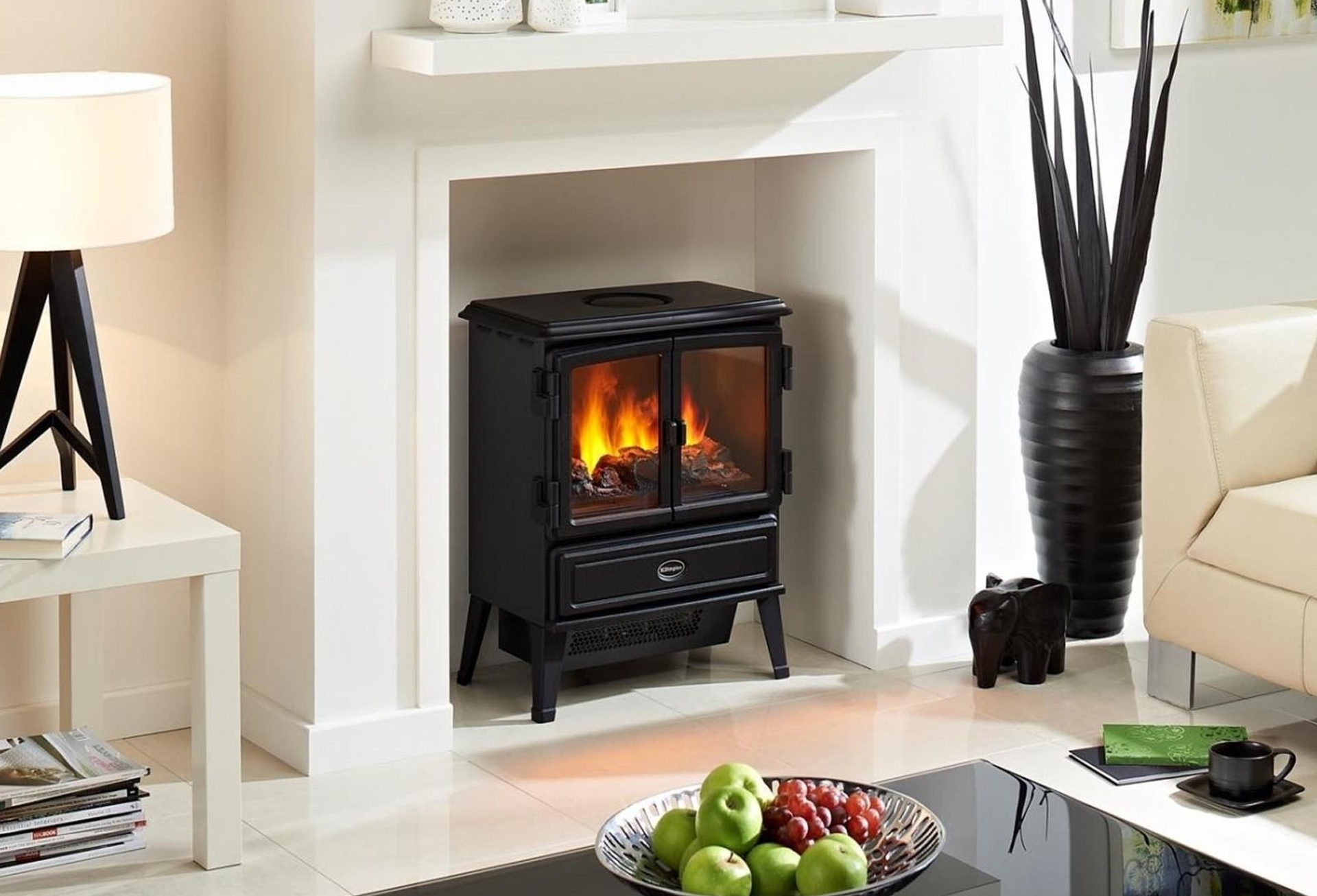Choosing the right size and capacity for an electric convection heater is crucial to ensure effective heating for the intended space. The size and capacity considerations depend on various factors, including the room size, insulation, and desired heating levels. Here are some guidelines to help you choose the appropriate size and capacity for an electric convection heater:
-
Room Size:
- Measure the square footage of the room where the heater will be used. This is a primary factor in determining the heater's capacity. Larger rooms require heaters with higher wattages for efficient heating.
-
Wattage and Heating Capacity:
- Electric convection heaters are typically rated by their wattage. As a general guideline, a heater should provide around 10 watts of heating power for each square foot of space. For example, a 1500-watt heater is suitable for a room of approximately 150 square feet.

- Electric convection heaters are typically rated by their wattage. As a general guideline, a heater should provide around 10 watts of heating power for each square foot of space. For example, a 1500-watt heater is suitable for a room of approximately 150 square feet.
-
Insulation and Climate:
- Consider the insulation quality of the room and the climate in your region. Well-insulated rooms and milder climates may require less heating capacity, while poorly insulated spaces or colder climates may necessitate a higher wattage heater.
-
Heating Zones:
- If you have multiple rooms or zones to heat, you may need to distribute the total heating capacity among multiple heaters or opt for a larger heater with the capacity to warm the entire space.
-
Adjustable Thermostat and Settings:
- Choose a convection heater with an adjustable thermostat and multiple heat settings. This allows you to customize the heating levels based on your comfort needs and helps in energy efficiency.
-
Safety Features:
- Ensure that the heater has safety features like overheat protection and a tip-over switch. These features are essential for safe operation and prevent the heater from becoming a fire hazard.
-
Portable vs. Permanent Installation:
- Consider whether you need a portable convection heater that you can move around as needed or a unit designed for permanent installation. Portable heaters are versatile but may have lower heating capacities compared to larger, permanently installed models.
-
Energy Efficiency:
- Look for heaters with energy-efficient features, such as programmable timers and eco-modes, which can help optimize energy consumption and reduce heating costs.
-
Ceiling Height:
- Consider the height of the room. If the ceiling is exceptionally high, you may need a heater with higher capacity to effectively warm the entire space.
-
Manufacturer Recommendations:
- Always refer to the manufacturer's recommendations and specifications for their heaters. Manufacturers often provide guidelines on the suitable room size for each heater model.
-
Consider Future Needs:
- If you plan to use the heater in different rooms or if your heating needs may change in the future, it's wise to choose a versatile unit that can accommodate varying room sizes and conditions.

 0086-574-62766180/62766182
0086-574-62766180/62766182






 English
English 中文简体
中文简体













